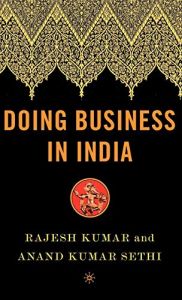
Recommendation
This short book first explores India’s history and cultural background, and then provides guidelines for doing business in India. The historical background may seem remote from day-to-day business considerations, but, in fact, it is essential to understanding the apparent anomalies of Indian negotiating styles, management behavior, government policies and so forth. getAbstract urges readers to be patient with the book’s small type and sometimes convoluted sentence structure, for if you are, you will discover much to reward you. The authors examine business challenges in India, including strategic planning, personnel management, government relations, negotiations and conflict resolution. Any manager investing in, working in or outsourcing to India will find this book very useful.
Summary
About the Authors
Rajesh Kumar is associate professor of international business at the Aaarhus School of Business in Denmark. He has published widely in leading international journals. Anand Sethi is managing director of a leading Indian business consultancy.








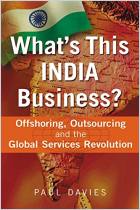
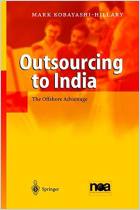
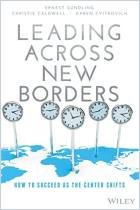
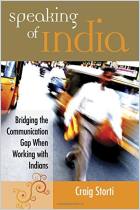
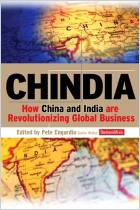





Comment on this summary or Start Discussion